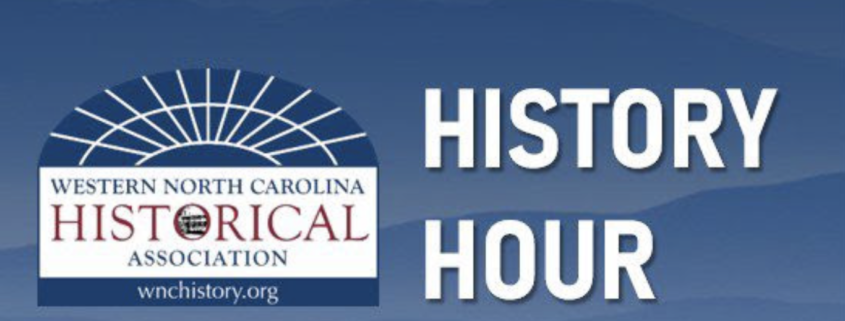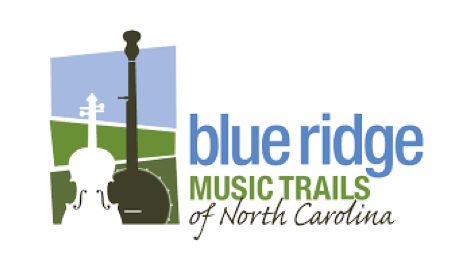
The mountains of WNC and Appalachia are home to rich, ongoing musical traditions, most commonly thought of as Scots-Irish in origin. Yet, African Americans have played a largely unrecognized role in creating and expanding the musical landscape of the region, introducing or shaping instruments, songs, and genres. From fiddle, banjo, and guitar tunes, the work songs of the incarcerated laborers who built the WNC Railroad, to the more famous Roberta Flack and Nina Simone, our special guest will discuss the musical contributions of African Americans in the mountains. Viewing: Registrants will receive a Zoom link with which to view the program. It will also be recorded and later available on our website. Click here to register.
About the Speakers:
William H. Turner, PhD, the fifth of ten children, was born in 1946 in the coal town of Lynch, Kentucky, in Harlan County. His grandfathers, father, four uncles and older brother were coal miners. Bill has spent his professional career studying and working on behalf of marginalized communities, helping them create opportunities in the larger world while not abandoning their important cultural ties. He is best-known for his ground-breaking research on African-American communities in Appalachia, but Bill’s work is universal. As an academic and a consultant, he has studied economic systems and social structures in the urban South and burgeoning Latino communities in the Southwest. What he strives for on behalf of his clients and their communities is what we all want: prosperity, understanding and respect. Dr. Turner co-edited the seminal 1985 anthology Blacks in Appalachia and recently published The Harlan Renaissance: A Memoir of Black Lives in Appalachian Coal Towns. He is also the co-host of Sepia Tones: Exploring Black Appalachian Music – a podcast featuring himself and Dr. Ted Olson.
Dr. Ted Olson is a professor of Appalachian Studies and Bluegrass, Old-Time and Country Music Studies at East Tennessee State University. Olson has received a range of recognition for his work as a music historian, including seven Grammy nominations. He holds a Ph.D. in English and Southern studies and has produced and curated a number of documentary albums of Appalachian music, including four boxed sets for Germany’s acclaimed Bear Family Records label (complete recordings from the 1927-1928 Bristol Sessions, from the 1928-1929 Johnson City Sessions, and from the 1929-1930 Knoxville Sessions, as well as a compilation of Tennessee Ernie Ford’s early recordings); four albums for the Gatlinburg-based Great Smoky Mountains Association; Rhino Records’ 50th anniversary edition of a seminal Elektra/Folkways 1960s-era folk music anthology; and a forthcoming retrospective collection of Doc Watson’s greatest recordings. Additionally, Olson has written or edited numerous books centered around Appalachian music and folklore, along with numerous articles, essays, encyclopedia entries, reviews, poems, creative nonfiction pieces, and oral histories. He was also music section editor for the “Encyclopedia of Appalachia,” and has served as book series editor for the Charles K. Wolfe Music Series (University of Tennessee Press) since 2008. He is presently co-producer and co-host of the six-part podcast series for the Great Smoky Mountain Association, “Sepia Tones: Exploring Black Appalachian Music.”
Tickets: $5 for WNCHA members/ $10 for General Admission. We also have no-cost, community-funded tickets available. We want our events to be accessible to as many people as possible. If you are able please consider making a donation along with your ticket purchase. These donations are placed in our Community Fund, which allows us to offer tickets at no cost to those who would not be able to attend otherwise.
Western North Carolina Historical Association received an American Rescue Plan Humanities Grant from North Carolina Humanities, www.nchumanities.org. Funding for this grant was provided by the National Endowment for the Humanities (NEH) as part of the American Rescue Plan Act economic stabilization plan. Any views, findings, conclusions, or recommendations expressed in this program do not necessarily represent those of North Carolina Humanities or the National Endowment for the Humanities.








